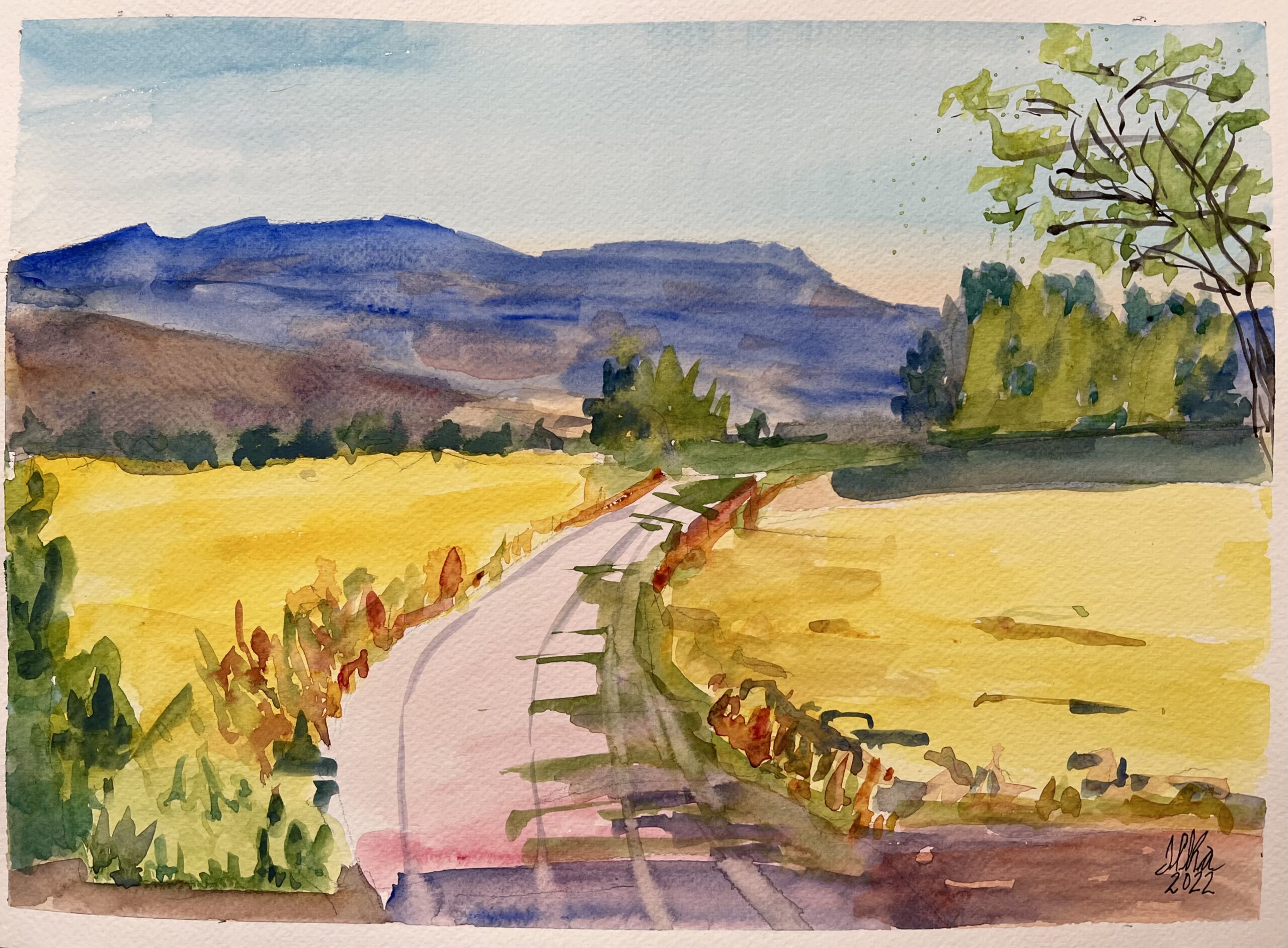Light Through The Window
Translated by Katrina Hassan He draws the curtain and opens the blinds, sunbeams criss-cross the dust in the room. Marcelino lives in an old derelict building. The owners never fix anything because they rent it out to undocumented Latin American migrants. This being the reason why they’ve never done the required upgrades. The more he cleans, the more the dust builds up, like roaches or ants. Marcelino rents a studio apartment. It’s a small room where he has a stove, a small fridge, and a small bathroom. He barely has any room to move. After 12 years of living in…






